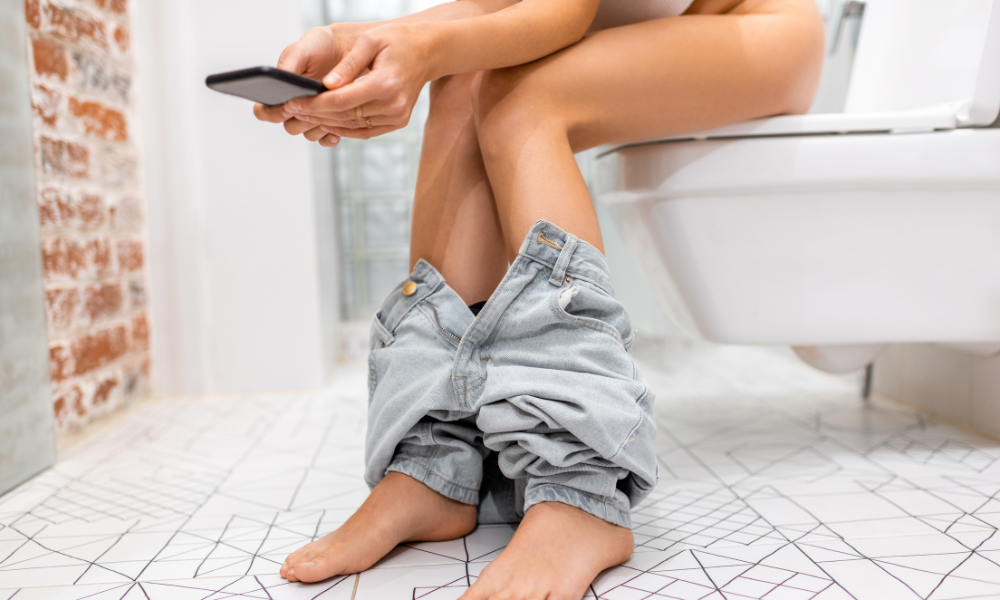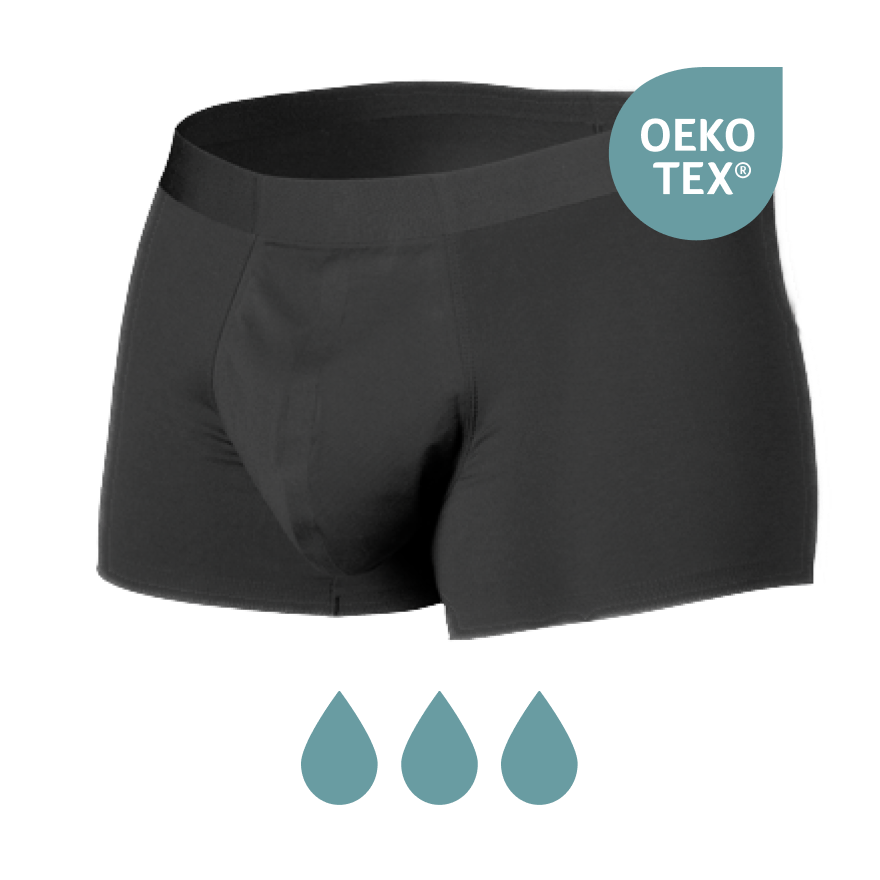If you feel that you have to pee a lot before or during your period, know that you are not the only one. For the most part this is a normal menstrual phenomenon (no matter how annoying it is) that is caused by peaks and troughs in the progesterone level at the end of your cycle. Although taking certain measures can help to reduce the frequency and intensity, you must consult your doctor about how you can stop frequent urination during your period if the symptoms become uncontrollable or disrupt your daily life.
Causes of many puddles for menstruation
During your menstrual cycle, your body produces progesterone, a hormone that is responsible for retaining moisture needed to support the placenta during pregnancy. When you start menstruation, the progesteron level returns to the old level (although the moisture content remains high) - this is why many women experience a bloated feeling during PMS. Peeing is often the natural way of your body to rinse the excess of moisture.
In some cases, frequent urination may be a symptom of a urinary tract infection (UTI) or an overactive bladder before or during your menstruation. Although most UTIs can be treated with antifungal or antibiotics medication, an overactive bladder can be caused by nerve damage, age, lifestyle factors or changes with age. In rare cases, these symptoms may indicate a kidney infection. Contact your doctor if the symptoms feel unusually fierce or disturbing.
Symptoms of many puddles for menstruation
For many women it can be difficult to determine whether many urinating is a symptom of PMS or an early pregnancy. In both cases you can suffer from headache, changed appetite, bloating, cramps and mood swings. You can experience the following (completely normal) symptoms:
- Go to the toilet 2 to 3 times a day more often than normal
- Sudden, sudden urge to pee
- Weight changes and a bloated feeling (water weight)
A urinary tract infection can also be the cause of frequent urination. If you suffer from a burning sensation while urinating, discolored or strong smelling urine, blood in your urine or if you have to wake up at night to go to the toilet, you probably have a urinary tract infection. Take fungal resistant agents or antibiotics and if the symptoms do not improve after a day or two, make an appointment with your doctor. If you see blood in your urine and feel pain in your back or lower abdomen, call your doctor or a medical helpline as quickly as possible, because these symptoms may indicate a kidney infection. Untreated kidney infections can lead to sepsis - a life -threatening condition.
Solutions for many peeing before and during menstruation
Although everyone is different and hormonal variation can be influenced by everything, from nutrition to stress levels, the following steps can help to control the need to pee often before and during your menstrual period.
Follow your cycle
If you know what to expect (and when), you can anticipate often pee before and during your period. By far the simplest method for planning your period is noting your start and end date in a small calendar (and storing it in your bag). From the first day you start bleeding, a menstrual period usually takes 3-5 days, but it can also take 7-10 days. The length of a menstrual cycle can vary, but lasts on average 28 days. For those who prefer to work paperless and keep everything digitally, there are apps such as Period Calendar and Eve who help you to plan and manage menstrual symptoms through real-time input, including mood, sexual activity and other factors.
Note your moisture intake
Staying hydrated before and during your menstrual cycle can help against headache, fatigue, constipation and other uncomfortable PMS symptoms. Drink 8 to 10 glasses of water daily to rinse excess salts and keep your body healthy. No matter how strange it sounds, staying hydrated before your period can even prevent you from holding moisture, so you have to pee less often.
Keep in mind that caffeine and alcohol are not your friends. Both are moisture -repellent and ensure that you have to urinate more often than necessary. You will be grateful for yourself that you have drunk less a few days before and during your period.
Strengthen pelvic floor muscles with cone exercises
Cone exercises Improve not only the overall health of your pelvis and promote better support of your back and hips, but also strengthen your pelvic floor muscles (the muscles around your vagina, pelvis and anus) to prevent incontinence and frequent urination. Cones can be done anywhere - discreetly -, but you shouldn't overdo it. Limit cone exercises during urination (for the fight against incontinence) to twice a month to prevent damage to the bladder or kidneys. Consult with your doctor before adding cones to your routine, because cones can aggravate some forms of pelvic floor display.
Conclusion
Having to pee a lot is a very normal symptom of your menstrual cycle.
Because the progesterone levels peak and valleys, your body releases excess moisture when you start monthly.
Peeing a few times a day is completely normal before or during your period. Pay attention to signs of a urine infection or kidney infection, because they can be dangerous if you do not treat them.
Provide a system to keep track of and plan your cycle, and limit your intake of moisture -wicking agents such as caffeine and alcohol at the end of your cycle. Do cone exercises to make your pelvic floor stronger and keep Nexwear at hand as a backup.
















